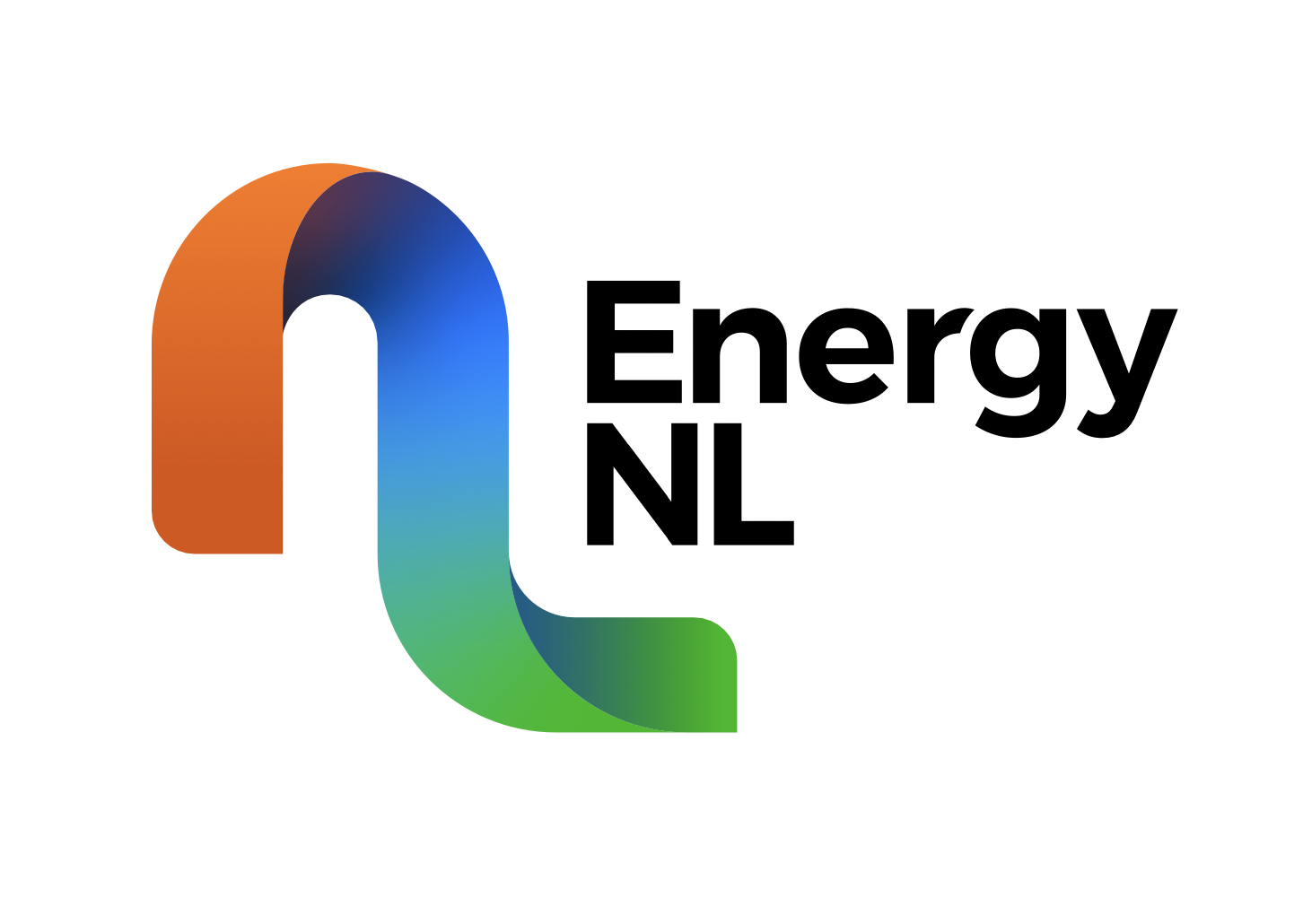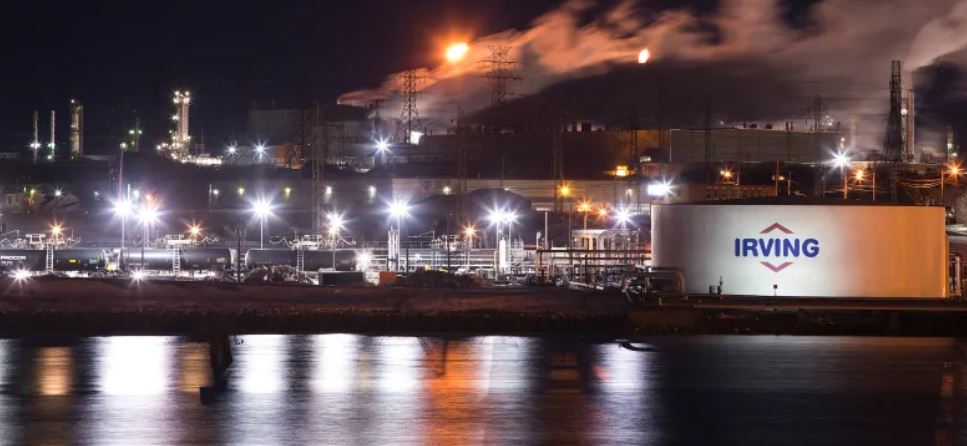Company eyes foreign tankers for domestic oil, including deliveries from B.C. through the Panama Canal
Irving Oil, the operator of the country’s largest refinery, says it wants to use more Canadian crude during the current economic crisis and has applied to use foreign tanker ships in order to get the oil to its operations in New Brunswick.
The privately held company has filed applications with the Canadian Transportation Agency (CTA) in order to use the vessels, which would collect oil produced from offshore Newfoundland and Western Canada.
In the application, written in mid-April, Irving says it is in discussions with Western Canadian crude producers for “the prompt acquisition” of crude oil from B.C. for immediate delivery to its refinery through the Panama Canal.
“Overarching this application is a recognition that recent events have caused the Canadian economy, and more particularly Canada’s energy sector, to be in a state of crises,” it says in its application to the CTA.
“It is a time for Canada to come together to address the needs of this sector.”
Canada’s oil sector has been hit hard by a steep plunge in demand for fuel as both consumers and businesses throttle back activity in the face of the COVID-19 pandemic.
The situation was made worse by an oil price war between Saudi Arabia and Russia, which contributed to a glut of crude worldwide that’s now filling up available storage space.
Irving Oil’s plan appears to want to use foreign oil tankers to ship Canadian crude from three key points, including from Burnaby, B.C., down through the Panama Canal and onto Saint John, N.B.
It also wants to take delivery of Canadian oil from suppliers in Newfoundland and Labrador, as well as terminals on the U.S. Gulf Coast, where crude from Western Canada can be delivered by pipeline.
“With respect to both West Coast and East Coast crude oil, it is Irving Oil’s intent to enter into long term agreements with Canadian crude suppliers for the nomination of barrels over a one-year timeframe,” the company said in its application.
“Flexible access to prompt oil transportation is a perquisite to our ability to commit to purchase Canadian crude oil over this term.”
There are no details in the application about which companies from Western Canada might be involved.
A call made late Wednesday to an Irving Oil spokesperson was not returned.
Tim McMillan, president and CEO of the Canadian Association of Petroleum Producers, welcomed news of the application by Irving Oil.
“Given the choice, Canadians want to use Canadian oil and the nation’s largest refinery should have uninterruptible access to oil produced in its own country,” he said in an email.
“We have seen there are limits to the reliability of rail transport with the recent blockades and the cancellation of the Energy East pipeline leaves our country with few options to move our resources to the East Coast.
“In the short term, the Irving Refinery proposal offers a desperately needed expansion of our domestic market, even if it takes an unconventional route to that market.”
Peter Tertzakian, executive director of ARC Energy Research Institute, said it wouldn’t be the first time that oil from Alberta has taken such a circuitous route through the Panama Canal to get to Eastern Canada.
That was in 1973 when an OPEC oil embargo led to fuel shortages in North America.
“The circumstances today are very different,” said Tertzakian, who has written about the embargo and the long journey Canadian crude made to Montreal refineries back then.
“But the overarching theme is not different — and that is security of supply, redundancy of supply in the event of catastrophic events, such as a pandemic, and just the whole geopolitics of the world and trying to shield ourselves from things like price wars.”
Tertzakian believes that, in making the application, Irving Oil is thinking about helping the Canadian oil and gas industry. However, he said it’s not exactly clear what the impact could be as the volumes of oil involved aren’t yet known.
The current crisis in the sector has the real potential to damage the supply chains within North America, he added.
“We are seeing widespread shut-ins [of oil production] starting to occur and we don’t really know the consequences of what this will do in terms of impairing future oil supply domestically,” Tertzakian said.
There’s talk in the U.S. and Canada about whether tariffs on foreign oil would bolster domestic supply chains, he said.
“It’s possible that the Irvings are thinking of a preemptive move to be able to shield themselves against tariffs, because after all, they would be buying Canadian oil, which would not be subjected to any tariffs.”
—
Source: CBC News | This text was excerpted from the media outlet cited on April 30, 2020 and is provided to Noia members for information purposes only. Any opinion expressed therein is neither attributable to nor endorsed by Noia.






